Can Cats Eat Spaghetti? Responsible Owner's Guide
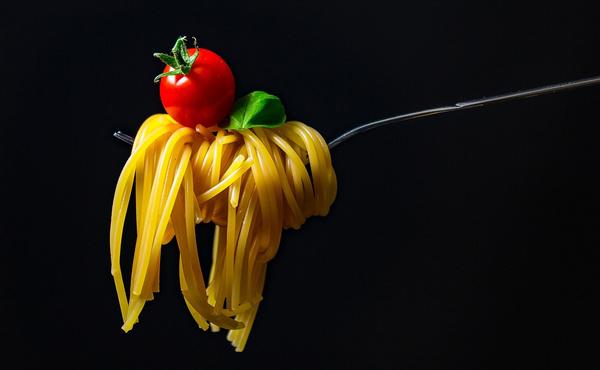
Can cats eat spaghetti?
Worried your furry friend might be in danger of turning into a furry spaghetti monster? 😱
Let's dive into the saucy details and find out if your cat should stick with kibble or unleash their inner pasta lover!
Let the spaghetti showdown begin.
How to Safely Feed Spaghetti to Your Cat?
You might think it's strange, but you actually can feed spaghetti to your cat safely. 😺
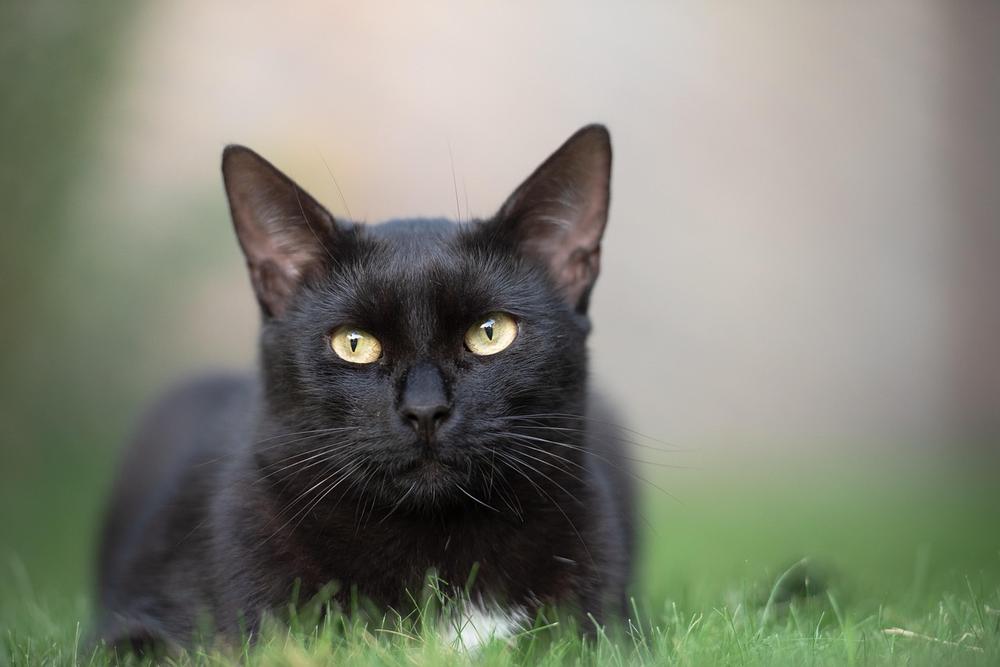
Here's what you need to do:
- Start by giving your cat small amounts of cooked spaghetti. This helps prevent any digestion problems that could arise.
- Make sure the spaghetti has cooled down before offering it to your cat. Hot noodles can burn or make them uncomfortable.
- Stay away from processed pasta and instant noodles. They have lots of sodium that isn't good for cats.
- Begin with a small serving of plain pasta and keep an eye on how your cat reacts. Look out for any allergic reactions or tummy troubles.
- Never give your cat raw pasta. Their bodies can't handle it properly, which can lead to health issues.
- If your cat happens to eat dry uncooked pasta by mistake, get in touch with a vet for advice. Keep an eye out for signs of stomach problems.
- Only offer spaghetti as a treat once in a while and in small portions. It shouldn't be a regular part of their diet.
- You can try zucchini zoodles as an alternative. They're packed with fiber and antioxidants. Just make sure not to add garlic, onion, or spices.
When feeding spaghetti to your cat, moderation is key and always consult your vet if you have any concerns.
Main points I'll expand upon further down this article:
- Plain, cooked spaghetti noodles without added ingredients are safe for cats.
- Instant noodles with added salt should be avoided.
- Noodles made from rice or potatoes are not appropriate for cats.
- Spaghetti sauce from a jar often contains harmful ingredients like garlic and onion.
- Homemade spaghetti sauce without garlic and onion can be given in moderation.
- Tomatoes are not inherently dangerous for cats, but the stems and leaves can be toxic.
- Cream-based sauces like Alfredo are not safe for cats.
- Spaghetti Bolognese and canned spaghetti are not suitable for cats.
- Cats may be allergic to wheat in pasta, so allergic reactions should be taken seriously.
- Feeding cats pasta can increase the risk of obesity and digestive issues and should be done in moderation.
But wait, there's more you need to know about feeding spaghetti to your feline friend. While it's true that plain, cooked spaghetti noodles are safe for cats to eat, there are some important guidelines to please bear in mind.
You want to provide a healthy and enjoyable experience for your precious furball, so let's dive into the specifics of what to avoid and consider when serving up this delicious treat!
Can Cats Eat Cooked Spaghetti?
You might be wondering if your cat can have spaghetti, and here's what you need to know:
- Keep it plain: Don't add any sauces or seasonings to the spaghetti. These can give your cat an upset stomach or contain harmful stuff.
- Plain, cooked spaghetti is okay: Your cat can have small amounts of plain, cooked spaghetti without anything else. Just make sure it's soft so they can digest it easily.
- Stay away from instant noodles: Instant noodles usually have too much salt for cats. It’s best to avoid them and keep your furry buddy healthy.
- Choose the right noodles: Noodles made from rice or potatoes aren't good for cats. Stick with regular wheat flour spaghetti.
Remember to introduce new foods in moderation when it comes to your cat.
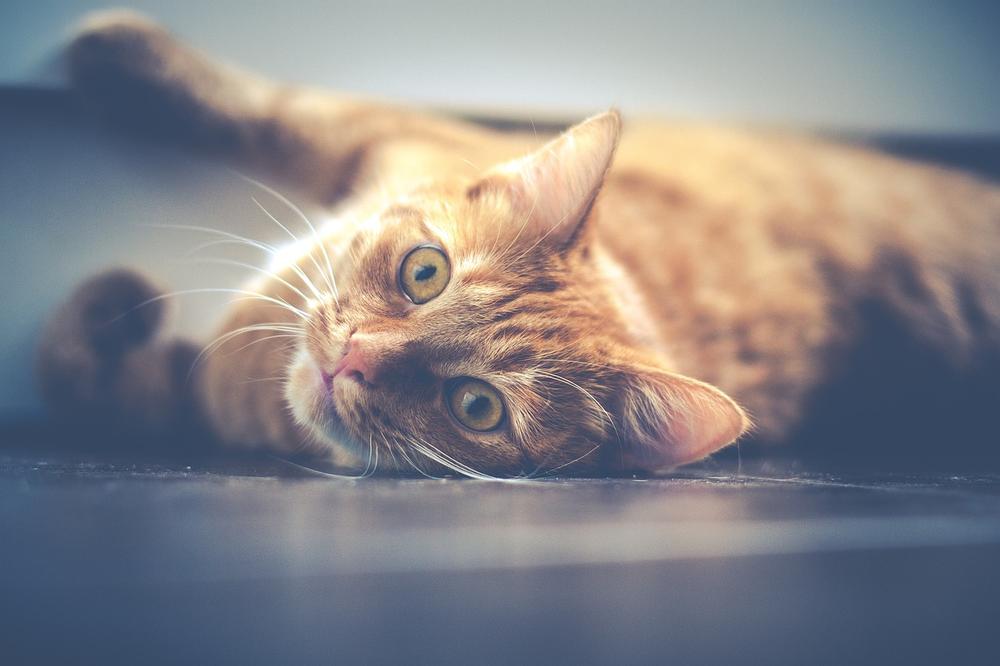
If you're not sure about feeding your cat spaghetti or any other human food, always talk to your vet first.
And now, let's take a closer look at the potential risks and considerations when it comes to feeding spaghetti sauces to cats.
I want to ensure you have all the information you need to keep your feline friend safe and healthy!
Can Cats Eat Spaghetti Sauce?
Before you go and give your cat some spaghetti sauce, there are a few things you should know.
First, check the sauce's label before giving it to your furry friend.
Garlic and onion, often found in many sauces, can actually harm cats.
It's serious stuff.
If your cat has allergies, be mindful and avoid sauces with garlic or onions. They can upset their tummy or worse.
Homemade sauce without garlic and onion might be OK once in a while, but creamy sauces like Alfredo aren't good for cats. They're packed with calories, fat, and lactose, not easy on their stomachs.
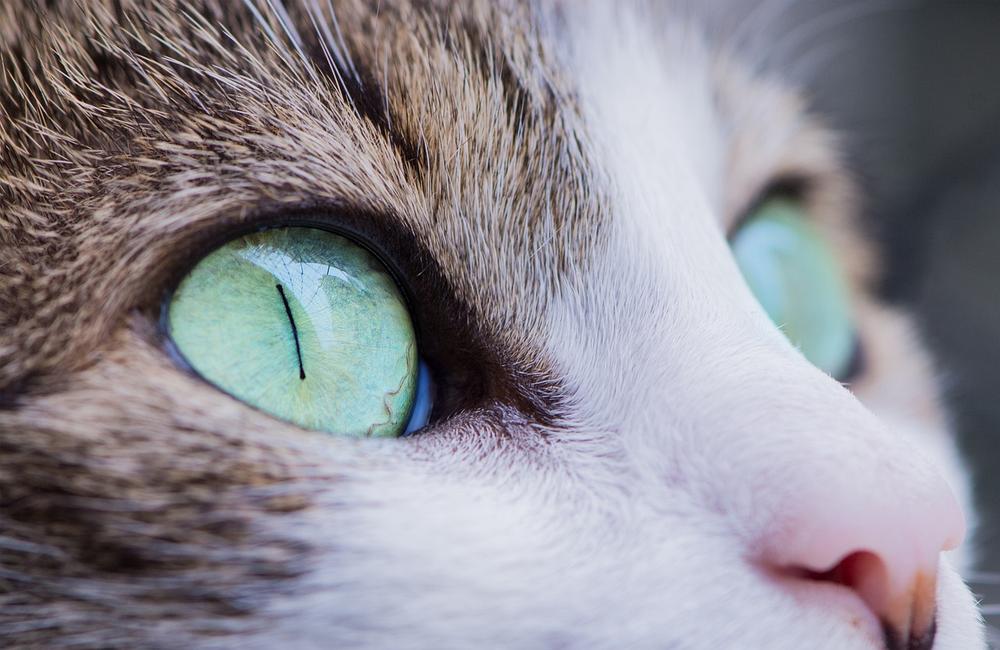
Tomatoes themselves are fine for cats, but ditch the stems and leaves of the plant.
These parts contain solanine, which is toxic.
So, just be careful when feeding your cat spaghetti sauce.
Always put their health first—it's better to be safe than sorry.
But before you go, let me share something important with you.
If you're curious about other risky food choices for your feline companion, I highly recommend diving into my Can Cats Eat Oreos blog post.
There, you'll discover the potential hazards associated with these beloved cookies.
So, satisfy your curiosity and ensure the well-being of your furry friend! Trust me, you don't want to miss it.
Can Cats Eat Spaghetti Bolognese?
The potential toxicity of ingredients like onions and preservatives present in canned spaghetti makes Spaghetti Bolognese unsuitable for cats.
This dish contains harmful substances that can put your beloved feline friend at risk.
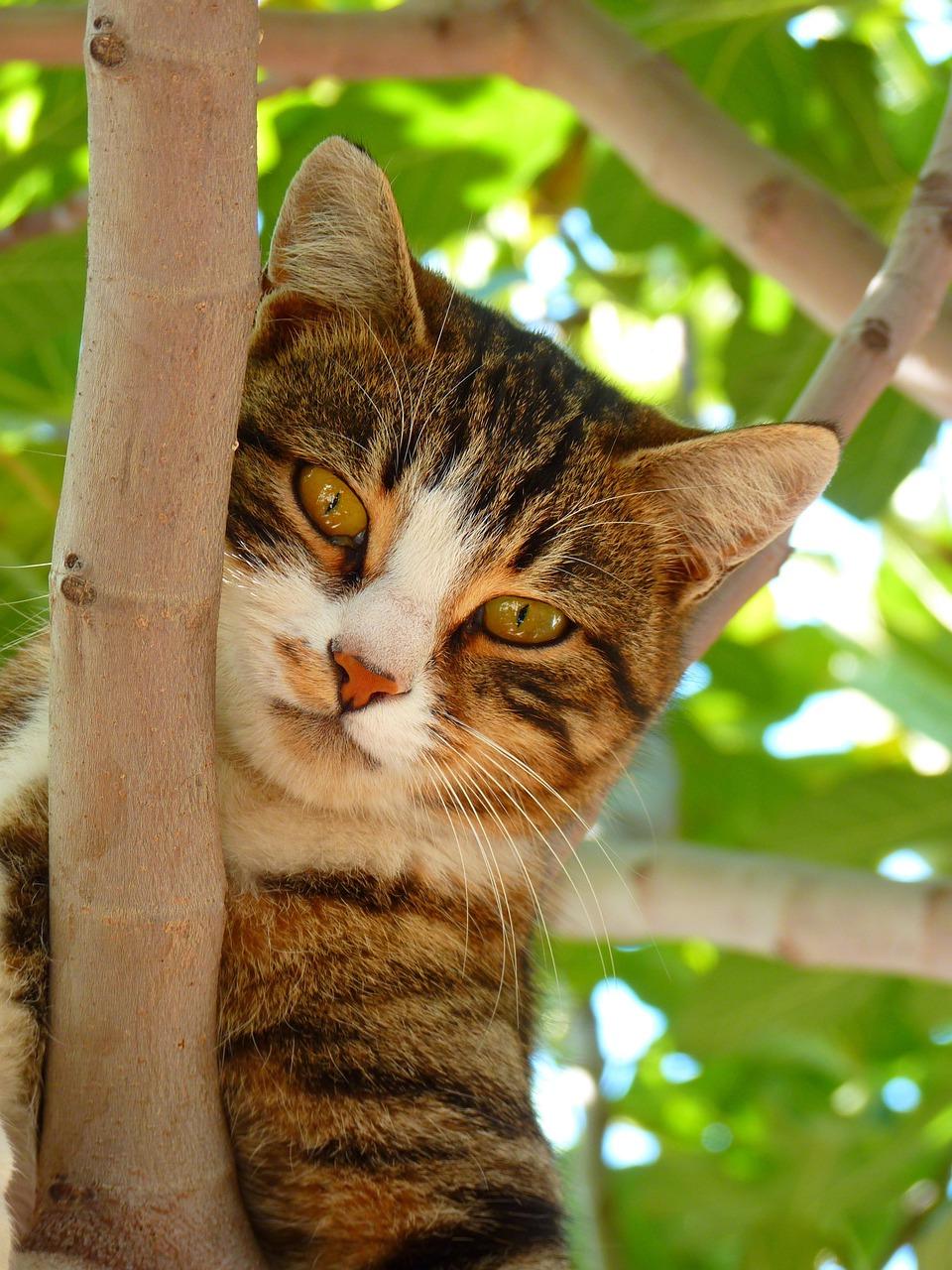
Onions, in particular, can cause damage to a cat's red blood cells and lead to anemia.
Furthermore, some canned spaghetti products may contain preservatives that are not safe for cats to consume.
When it comes to their diet, you should be mindful of what you feed your furry companion.
Ensure you choose foods that are specifically formulated for cats and avoid giving them potentially toxic dishes like Spaghetti Bolognese.
When Is Spaghetti Bad for Cats?
When it comes to cats and spaghetti, there are a few things you need to know:
- Feline tolerance can vary: Some cats may experience gastrointestinal distress after consuming spaghetti, so pay attention to any adverse symptoms.
- Allergic reactions to spaghetti squash or other foods should be taken seriously, as cats may be allergic to wheat in pasta.
- Feeding cats pasta can increase the risk of obesity and GI issues, so establishing a habit of eating spaghetti is not recommended.
- If a cat shows digestive issues or other health problems after eating pasta, it's best to avoid offering it again.
- Additionally, chocolate, sugar, instant noodles, raw meat, and lasagna (due to toxic ingredients like onion, garlic, and tomato sauce) are also harmful to cats.
- Onions and garlic can be poisonous and lead to anemia if ingested. Look for signs of ingestion and seek veterinary help if necessary.
To ensure your cat's well-being, it's best to avoid feeding them spaghetti altogether and only offer pasta occasionally in small amounts.
While you may wonder if it's safe for your cat to indulge in a plate of spaghetti, the truth is that this popular pasta dish lacks vital nutrients and can potentially harm their health.
But what can you do to provide your feline friend with a nourishing and balanced diet?
Let me share some insights and options with you...
Is Spaghetti Nutritious for Cats?
| Category | Information |
|---|---|
| Nutritional Value | Plain cooked spaghetti lacks essential nutrients like animal proteins and fats. |
| Digestive Issues | Eating spaghetti can potentially lead to digestive issues in cats due to the lack of proper nutrients for their digestive system. |
| Protein Deficiency | The absence of animal proteins in spaghetti can cause protein deficiency in cats, which is essential for their overall health and well-being. |
| Obesity | Regular consumption of spaghetti can contribute to obesity in cats due to its high content of salt, sugar, fat, and additives. |
| Harmful Ingredients | Spaghetti may contain harmful ingredients like excessive salt, sugar, fat, and additives, which can negatively impact a cat's health. |
| Moderation is Key | While an occasional small portion of plain cooked spaghetti may be safe for cats, it should not be a regular part of their diet due to its lack of nutritional value. |
| Consult a Veterinarian | It is always advisable to consult a veterinarian before introducing any new food into your cat's diet to ensure their nutritional needs are met. |
Is it safe for your cat to gobble up some spaghetti every now and then?
Well, let me break it down for you. While plain spaghetti may not be harmful on occasion, it's not exactly a nutritional powerhouse.
Here's why:
You see, regular old spaghetti lacks the essential nutrients that cats require in their diet.
Without these crucial elements, your furry friend might encounter digestive problems, protein deficiencies, and even become overweight.
And believe me, that's not a good situation!
Now, let's talk about why spaghetti is a terrible choice for your feline companion.
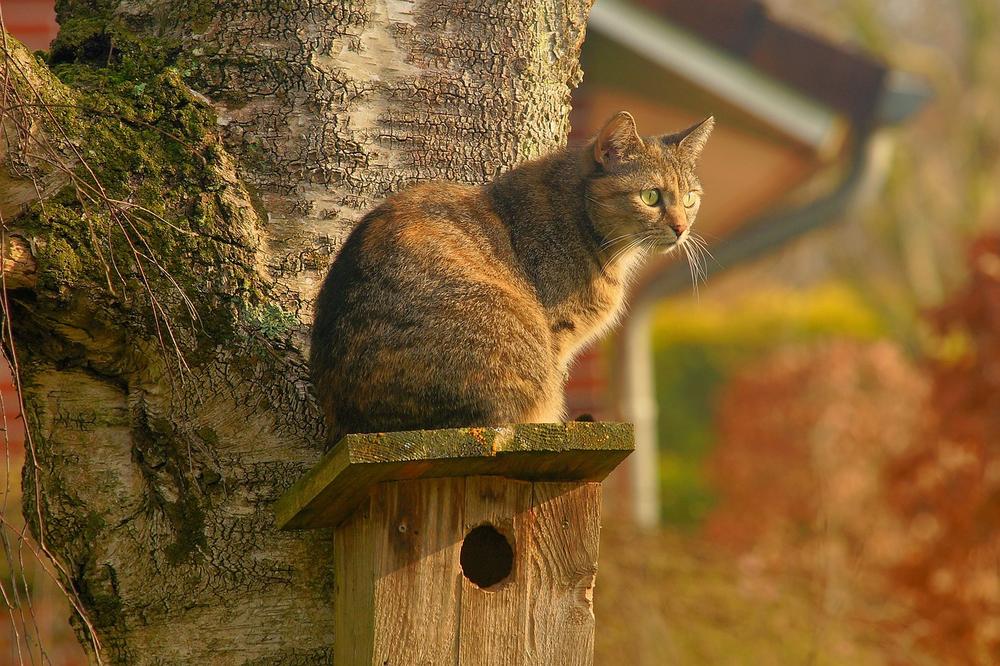
It mainly consists of carbohydrates, and you know what—I hate to break it to you—carbs alone won't suffice for our little friends who walk on four legs.
Cats are obligate carnivores, meaning they heavily rely on animal proteins and fats for energy and all in all well-being. Unfortunately, spaghetti just doesn't provide these necessary components.
But here's the real kicker in all of this:
Spaghetti can actually harm your precious cat's health due to its excessive levels of salt, sugar, fat, and additives. Yeah, I know, it's all those delicious things that cats absolutely should stay away from!
So, what should you do instead?
The focus should be on protein.
You need to ensure your cat gets her paws on food like Untamed, which contains human-grade whole meat.
This way, she'll get all the vital nutrients her body craves.
Your kitty deserves a healthy diet to ensure a long and cheerful life!
And that wraps up today's article.
Before you leave, can I ask you something? Did my blog post help you out? If it did, I would be extremely grateful if you shared it with your loved ones. Just click on any of the social media sharing icons and share away. Thank you so much!
Talk soon,
-Sarah Davis